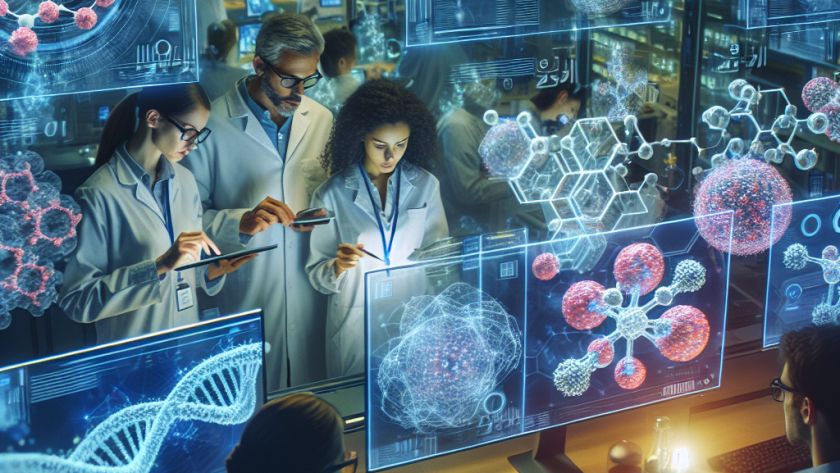MIT researchers, using deep learning techniques, have discovered compounds that can effectively combat methicillin-resistant Staphylococcus aureus (MRSA). This drug-resistant bacterium annually leads to over 10,000 deaths in the United States alone. Detailed in a study published in Nature, the compounds not only successfully killed MRSA in laboratory and mice model tests, but also showed significantly…



